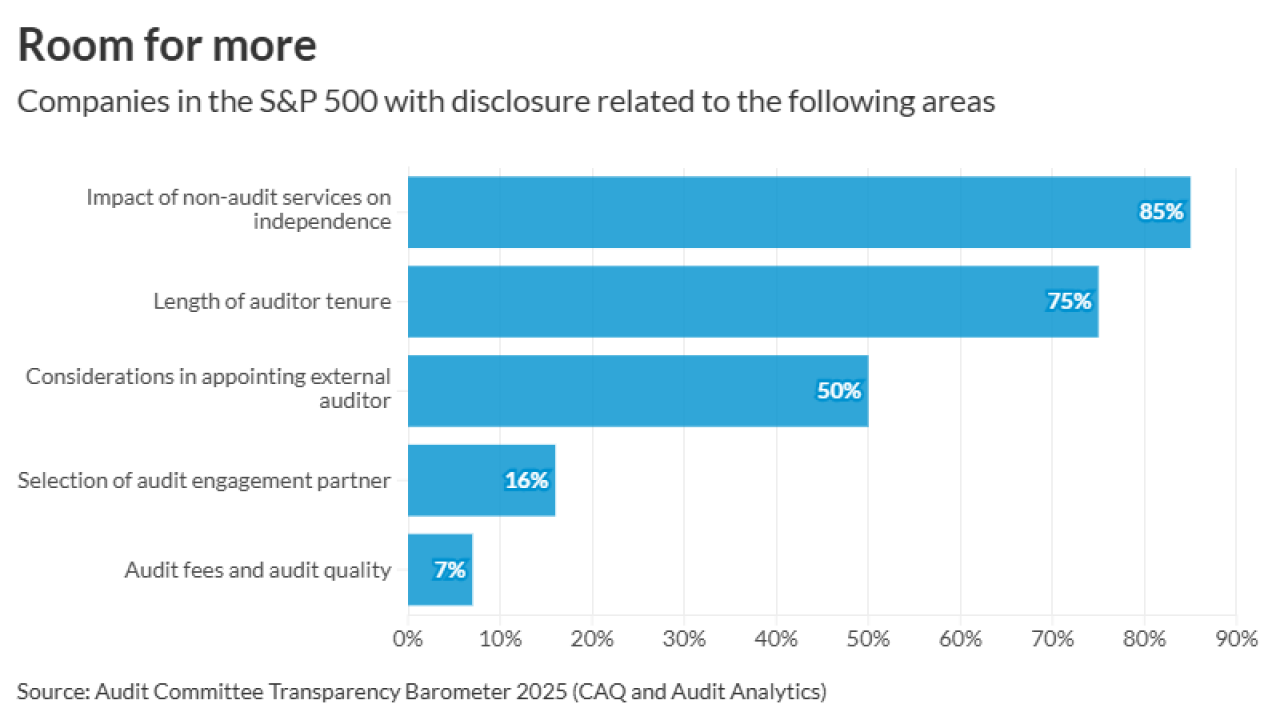CPA firms were forced to change in a matter of weeks, and COVID-19 has impacted every area of our business. All this change got me wondering what will happen to the merger and acquisition strategies of firms. Often, M&A increases when organic growth slows down. But right now, many firms are expecting a short-term drop in revenue. Will we continue to see acquisitions at the same rate? Will acquiring firms change what they are looking for? And what impact will all this have on partner agreements?
This is a unique time in our business life where we don’t really have past trends to pull upon. We’re all figuring things out together are we go along. The answers to these questions will stem from related experience and bit of predicting the future. I sat down and video-conferenced with Peter Fontaine, managing partner of NewGate Law, to get his perspective. The good news is that M&A continues on!
Factors driving current M&A activity
According to Fontaine, there are many factors driving buyers and sellers to enthusiastically pursue deals right now including:
- Specialization in hard-hit niches creates uncertainty. If a firm’s client base has a lot of industries seriously impacted by coronavirus, like restaurants, travel or car dealerships, those business’ cash flow has been nonexistent. Unfortunately, many might never reopen, and the ones that do have probably already asked for help paying accounting fees or soon will. This impacts firms of all sizes and many are unsure about the long-term impact to firm revenue.
- Long-term adjustments to remote workplaces present challenges to some firms. Some firms are unable, or unwilling, to adapt to work-from-home environments. This isn’t knocking any firm who has struggled to implement remote work arrangements; we all struggled in some way. But Fontaine explained that some small firms that weren’t set up for it had a lot of trouble making it work. They may not see the continued investment in tech upgrades to be worthwhile. “When it comes down to it,” Fontaine said, “firms are starting to ask themselves, ‘Am I going to be able to stay in business and, if I stay in business, what’s that going to look like’?”
- Partner retirement considerations are shifting. Smaller firms looking to sell may change the timetable as key partners who were thinking about retiring in the next couple of years are now asking themselves if they really can retire with the hits to their compensation. They know right now that, maybe, the acquiring firm can’t give them the compensation they were expecting to get. Or, perhaps, they can’t afford to pay out more than one partner who wants to retire. This leaves those senior partners who don’t want to work for another five years but also don’t want to take a hit on partner compensation thinking it might just be easier to sell. The bottom line is that “there are lots of good opportunities out there for both buyers and sellers right now,” Fontaine said.
Deal parameters are changing
As smaller firms prepare to sell and senior partners are looking at M&A as their exit strategy, there will be a change in how some partner agreements are structured.
“The partners who have the relationships are typically asked to stay around a little longer,” said Fontaine, “while others may be asked to step down sooner than they might have planned.” The acquiring firm won’t want to pay out continued partner compensation, which will be reflected in how the deal itself is structured.
Fontaine expects the payout period to be longer and the pricing to be predicated on more long-term transition of clients. For example, have the “client transition over [to the new firm] before any payments are sent,” he said.
How deals are typically priced will also change. One of the current models is to base the firm’s value on a certain percentage times gross revenue. Knowing what gross revenue is right now — and beyond — is difficult and it’s also changing frequently.
People issues may become to complicated
“This is going to be a huge concern for firms,” Fontaine predicted. Whether employees want to continue working from home for health or personal reasons, if the firm turns around and says they can’t accommodate that long-term, it will be difficult to keep existing staff.
“If you’re a firm that never allowed employees to work from home, how are you going to keep those same policies and practices in place for that?” asked Fontaine. “How do you do performance assessments? How do you make sure that people who want to stay and work at home have the same advantages and opportunities from a career standpoint as people who are in the office every day?”
Even though a lot of firms were ready for a change anyway, many others just aren’t prepared to make these changes. That’s why M&A becomes an attractive opportunity. The buyer firms who have the capacity to bring on smaller firms that have some level of ambiguity in terms of technology or revenue are in an excellent position right now. But make no mistake, big or small, “the firms that are capable of evolving and changing are the ones that are going to survive,” Fontaine said.
Partnership agreements will reward strongest contributors
Traditionally, we know that most partnership agreements stipulate that every partner gets a vote. In times of uncertainty, is it better to have one strong leader versus a system where everyone gets a vote? The short (but difficult) answer is yes.
We’ve been able to see that some partners are clearly stronger than others; whether that means they’ve been able to hold onto clients, get new business or see through the weeds. We can now see the performers from the non-performers, as well as the leaders from the partners who were functioning more like accountants. Those partners don’t have the kind of business development and leadership skills to excel in a really uncertain environment.
However, are those partners instead excelling at technical skills, like interpreting the Paycheck Protection Program and advising clients? Hopefully, yes. But in some cases, we’ve also seen partners who have really held their ground and refused to give any advice. Even the technical partners — who obviously hold a tremendous amount of value — are being forced to test their leadership skills.
Who remains are those Fontaine calls, “RIP: Retired in Place.” These are the partners who have sort of been edging out the same books for years and, for better or worse, are going to be pushed out sooner rather than later. These are the partners who are most likely to be offered early retirement benefits to make room for someone who is able to contribute and add value going forward.
“Leaders who are able to lead in an era of ambiguity and uncertainty are going to be the most successful,” said Fontaine.
The other impact of coronavirus on partnership agreements that Fontaine sees happening is more agreements tied to performance and less on entitlement. This is different from the typical compensation system, which is money-based on ownership and interest in the firm, and is more like “what did you do today?” he explained.
Retirement benefits may also be less lucrative in the future. “Firms are going to be focusing on conserving cash as opposed to paying it out so that they can grow, invest in service lines, and invest in people,” he said.
It’s too bad that a pandemic is what was needed to push firms into stronger leadership, but now that the world has changed, accounting firms need to change with it.
Coronavirus is forcing needed change
How CPAs and accountants handle this post-coronavirus era spans the spectrum from fearful to entrepreneurial to those who view this as an evolutionary process. But that’s the exciting part — we need people who can take advantage of a bad situation and can deal with ambiguity.
What the profession looks like after the dust settles is anyone’s guess but, let’s be honest, we needed a change. It’s okay that we were forced into it, and I believe that we’re ready for it, and ready to embrace some truly radical changes and come out the other side better, stronger and more able to adapt to a new and changing marketplace.





